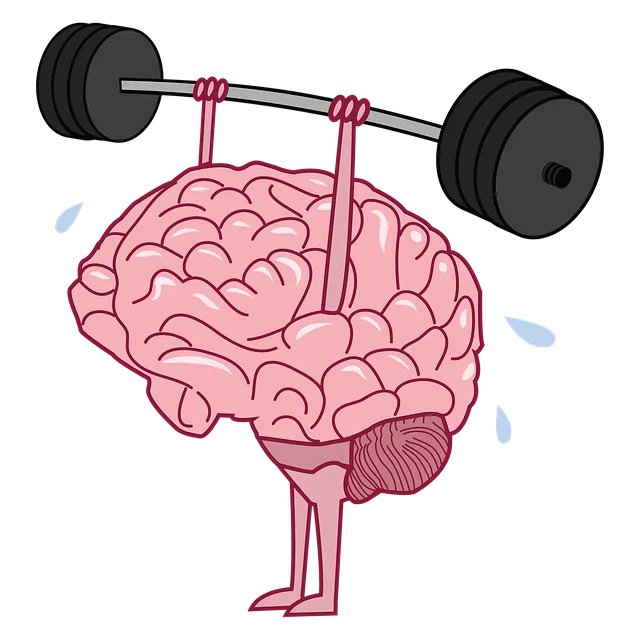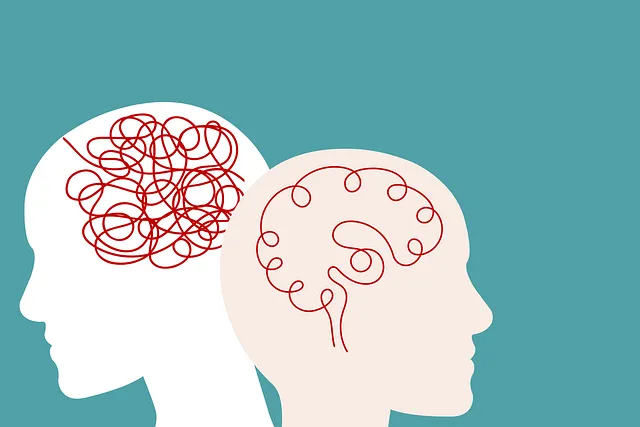Mental health professionals (MHPs) face unique challenges like secondary trauma and burnout, prompting Kaiser Permanente's comprehensive training programs in Greenwood Village. These initiatives include Self-Care Practices, a Mental Wellness Podcast Series, and Community Outreach. The programs aim to empower MHPs with strategies for mental health maintenance, foster resilience, and improve patient care. Through interactive workshops, advanced risk assessment tools like Crisis Intervention Guidance (CIG) and Psychosis Risk Assessment (PRA), and emphasis on cultural sensitivity, these courses ensure MHPs are equipped to serve diverse communities effectively while upholding high standards of care.
Mental health professionals face unique risks, from burnout and secondary trauma to ethical dilemmas and legal challenges. This comprehensive guide explores the multifaceted landscape of these risks, offering a deep dive into the critical issues affecting mental health practitioners. We examine the role of Kaiser Permanente training programs in empowering professionals with essential risk management tools, highlighting the advancements driven by organizations like Greenwood Village. By implementing effective risk assessment strategies, mental health professionals can enhance patient safety and sustain their well-being.
- Understanding Mental Health Professional Risks: A Comprehensive Overview
- Kaiser Permanente Training Programs: An Essential Resource for Risk Management
- The Role of Greenwood Village in Enhancing Mental Health Safety Protocols
- Implementing Effective Risk Assessment Strategies: Practical Steps for Professionals
Understanding Mental Health Professional Risks: A Comprehensive Overview

Mental health professionals (MHPs) face unique challenges and risks in their daily work that demand careful consideration and proactive management. Beyond the typical stress and burnout associated with high-pressure jobs, MHPs must navigate complex ethical dilemmas, intense emotional demands, and potential exposure to traumatic experiences shared by their clients. These factors contribute to a heightened risk of secondary trauma, compassion fatigue, and professional burnout—a critical concern in an industry that heavily relies on the resilience and well-being of its practitioners.
Kaiser Permanente training programs in Greenwood Village offer valuable resources for MHPs seeking comprehensive solutions. Their Self-Care Practices and Mental Wellness Podcast Series Production initiatives aim to empower professionals with strategies to maintain their mental health while fostering a culture of resilience. Furthermore, the Community Outreach Program Implementation plays a vital role in promoting well-rounded development by connecting MHPs with support networks, enhancing their ability to serve diverse communities effectively.
Kaiser Permanente Training Programs: An Essential Resource for Risk Management

Kaiser Permanente training programs in Greenwood Village offer valuable resources for mental health professionals seeking to enhance their practices and mitigate risks. These comprehensive courses cover a wide range of topics, from confidence-boosting techniques and effective communication strategies to healthcare provider cultural competency training. By participating in these programs, practitioners can gain invaluable insights into managing complex patient scenarios, improving patient outcomes, and ensuring the highest standards of care.
The tailored training provided by Kaiser Permanente equips professionals with the tools necessary to navigate challenging mental health situations effectively. Through interactive workshops, case studies, and peer discussions, participants develop a deeper understanding of risk assessment, crisis intervention, and evidence-based practices. This continuous education not only improves professional performance but also reinforces a culture of safety and quality within the healthcare setting.
The Role of Greenwood Village in Enhancing Mental Health Safety Protocols

Greenwood Village plays a pivotal role in enhancing mental health safety protocols within the healthcare sector. As a leading provider of Kaiser Permanente training programs, it offers comprehensive Mental Health Education Programs Design tailored to meet the evolving needs of professionals in this field. These programs not only equip practitioners with advanced skills but also emphasize practical applications, ensuring they are well-prepared to handle diverse patient populations and complex cases.
The expertise at Greenwood Village extends beyond traditional training. They specialize in incorporating Stress Reduction Methods that promote resilience among mental health professionals, addressing the high-stress nature of their work. Additionally, their programs highlight Cultural Sensitivity in Mental Healthcare Practice, recognizing the importance of understanding and respecting diverse cultural backgrounds to provide effective and inclusive care. Through these initiatives, Greenwood Village actively contributes to fostering a safer and more supportive environment for both patients and mental health professionals alike.
Implementing Effective Risk Assessment Strategies: Practical Steps for Professionals

Implementing effective risk assessment strategies is paramount for mental health professionals to ensure client safety and mitigate potential hazards. At Kaiser Permanente training programs in Greenwood Village, experts emphasize a multi-faceted approach. This involves integrating tools like the Crisis Intervention Guidance (CIG) model, which provides structured frameworks for assessing and managing acute crises. Professionals are encouraged to incorporate regular Self-Awareness Exercises into their practice to enhance their own emotional resilience, enabling them to better support clients during stressful situations.
Practical steps include routine risk assessments tailored to individual client needs, utilizing validated tools such as the Psychosis Risk Assessment (PRA) or Suicide Risk Assessment Questionnaires. Continuous education and supervision are crucial, ensuring professionals stay abreast of emerging research and best practices in risk assessment. Additionally, fostering a collaborative environment where colleagues can share insights and support one another plays a vital role in enhancing overall risk management capabilities.
Mental health professionals face unique challenges and risks, but with comprehensive understanding and robust risk management strategies, these can be effectively mitigated. The article has explored crucial aspects, from recognizing mental health professional risks to implementing practical steps for assessment. Key resources like the Kaiser Permanente training programs and innovative initiatives by Greenwood Village play a pivotal role in enhancing safety protocols. By adopting these measures, mental health professionals can not only protect themselves but also provide more secure environments for their clients, ensuring better outcomes for all.


